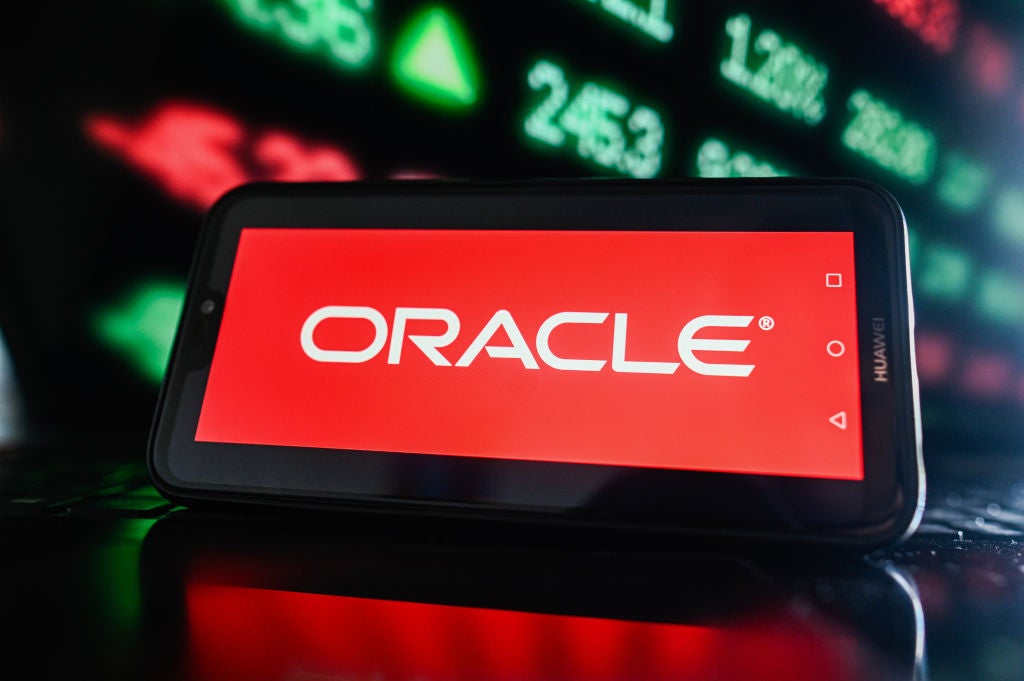
The space economy could be worth as much as $1trn by 2030, according to a new report.
GlobalData’s Thematic Intelligence: The Space Economy report puts the value of the industry in 2022 at $450bn and suggests that it will see a compound annual growth rate of between 6% and 10% from then until 2030.
The report offers insights into growth forecasts, trends, and the effect of current events on the industry. It looks at the shift towards private-sector investment into an industry that was historically pushed forward by government organisations such as NASA and the Soviet space programme.
Among the main takeaways are that government agencies are increasingly playing a stewardship role within the sector but still retain a prominent interest, such as with India’s Chandrayaan-3, which in August became the first spacecraft to land on the south pole of the Moon.
SpaceX currently commands much of the media attention to do with the space economy, although many innovative organisations and start-ups are contributing to the growing sector.
Satellites, Starlink and China
SpaceX currently has the largest fleet of satellites, with its Starlink constellation numbering more than 4,000 and plans to grow the fleet to 12,000.
How well do you really know your competitors?
Access the most comprehensive Company Profiles on the market, powered by GlobalData. Save hours of research. Gain competitive edge.

Thank you!
Your download email will arrive shortly
Not ready to buy yet? Download a free sample
We are confident about the unique quality of our Company Profiles. However, we want you to make the most beneficial decision for your business, so we offer a free sample that you can download by submitting the below form
By GlobalDataThematic Intelligence: The Space Economy, however, identifies China’s ambition to rival Starlink, following an announcement of a 13,000-satellite broadband mega constellation. Reports indicate that progress on this is slow, though, and the project’s profitability is limited as those in remote areas of China who would benefit from broadband coverage provided by satellites have limited purchasing power.
Of China’s goals in the sector, GlobalData Associate Analyst Carolina Pinto commented: “China has big ambitions to grow their space sector however, they still have a way to go to catch US and European companies.”
“The Chinese space sector is dominated by state-owned organizations, predominantly CASC and its subsidiaries. In the last decade, the government has made an explicit effort to open the space economy to commercial companies. This has resulted in significant growth in the number of space start-ups in China receiving large levels of capital investment and tax subsidies.
“This investment is finally paying off. For example, in May 2023, the Chinese start-up, Space Pioneer, successfully launched its debut rocket on its first attempt.”
Space junk
Despite their benefits, the increasing number of satellites in orbit is contributing to a huge amount of space junk. Research from the University of Southampton estimates that there are between $570bn and $1.2bn worth of recyclable materials orbiting the earth.
William Tyson, Associate Analyst at GlobalData, commented: “Space is becoming increasingly congested with debris, also known as ‘space junk’. The debris could hamstring the proliferation of satellites, as it acts as an obstacle to launches. Debris can reach 17,000mph whilst in orbit, so collisions with spacecraft could be fatal.
“NASA recognize space debris to be a significant issue. In August 2023, NASA awarded TransAstra an $850,000 contract to help tackle the issue, by creating an inflatable bag that could capture space debris.”
Politics of the space economy
Elsewhere, the report highlights the continued politicisation of the space economy. While there has always been rivalry between countries, with the origins of the space race coming from the Cold War, the contemporary space economy faces different political challenges.
The lack of regulation of space could see conflict arise as asteroid mining becomes a possibility along with who owns and can profit off the commodities harvested from space. More recently, events on Earth have been affecting the space economy, with the Russia-Ukraine conflict impacting European Space Agency plans.
David Bicknell, Principal Analyst at GlobalData, commented: “The Russia-Ukraine war has already had an impact on space partnerships involving Russia. Euclid, a space telescope, will record more than a third of the extragalactic sky over the next six years, creating the most three-dimensional map of the cosmos to date.
“The European Space Agency (ESA) plan was to launch Euclid on a Russian Soyuz or an Ariane 6 rocket from French Guiana. But that plan was thwarted by the outbreak of the Russia-Ukraine war in 2022. The delays meant that ESA had to move some of its launches, including Euclid, to SpaceX.”




